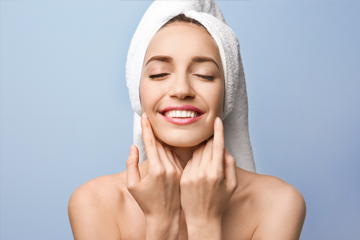
8 Common Skin Care Myths
Skin care is a pretty important topic to us here at MYK - one of the things we like the most about silk is how great it is for your skin. While we aren’t cosmetologists, while doing market research for our products we’ve seen a lot of conversations about the best ways to care for your skin. The thing is, a lot of popular beliefs about skin care are completely wrong. We’ve collected some of the more egregious myths we saw online – how many of them did you believe?
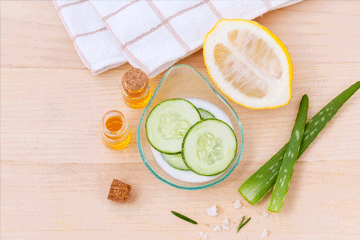
All-Natural Isn’t Always Better
Now, this isn’t to say that natural isn’t sometimes better – silk is a better fabric than nearly every artificial one for people with allergies, for example. But an all-natural skin care product isn’t always better than one with artificial ingredients: many natural ingredients, like mineral oil, are actually bad for your skin. In fact, many of the deadliest poisons in the world are all-natural, and your skin is actually, on average, more likely to have an allergic reaction to natural additives in skin care products than it is to artificial ones.
Believe it or not, artificial chemicals are generally added to skin care products to make them safer. For instance, artificial preservatives are added to stop skin care ingredients from growing bacteria and breaking down into unsafe substances. Unfortunately, there’s nothing like Oeko-tex for skin care products - skin care products don’t require FDA approval before going on the market, so you need to carefully read the ingredients in anything you put on your skin, especially if you have allergies.
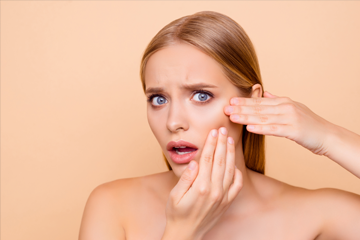
No Pain, No Gain?
If you feel any kind of pain or burning (mild tingling is OK) when you apply a skin care product or while doing part of your skin care ritual, that’s not a sign that it’s working: that’s a sign that it’s damaging your skin.
Exfoliating hard enough to hurt isn’t any more effective than a gentle exfoliation, but it can cause breakouts. Likewise, skincare products that burn typically burn because they’re damaging or excessively drying out your skin. If you want your skin to be as smooth as a baby’s, treat it like a baby’s skin.

You Don’t Have to Skip Your Favorite Foods
It’s a common misconception that things like pizza or other fatty foods cause breakouts. It’s true that excess oil in your skin contributes to acne, but eating oily food doesn’t actually cause your skin to produce more oil. In reality, the only dietary contribution to acne that science has found is excess consumption of carbohydrates, and that’s primarily due to sudden spikes in blood sugar. These spikes make your skin drier and thicker, which flakes more easily, blocking pores. They also boost hormone levels, potentially producing more of the oils responsible for acne.
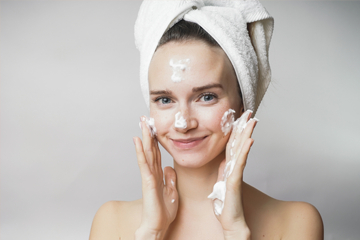
Foaming Cleansers Aren’t Always Good
It’s true that foaming cleansers work super well at removing oil from your skin. The problem is that the chemicals used to make the cleaners foam work a little too well at cleaning your skin – they don’t just remove the excess oil from your skin, they also tend to remove the oils you need to protect your skin. The vast majority will also raise your skin’s pH, breaking down the outside of your skin’s cells and making them less effective as a barrier. While there are a few foaming cleansers you can find with a neutral pH and gentle cleansing chemicals, they’re hard to find and are still only recommended for extremely oily skin.

All Skin is Sensitive
Everyone has at least one friend ( or maybe you are that friend!) who claims they can use any product because their skin isn’t sensitive at all. The truth is, the main between what we call sensitive skin and non-sensitive skin is how obviously the skin reacts to harsher chemicals. People with what we’d consider insensitive skin may think that their skin isn’t reacting to products that, say, cause excessive dryness, but the reality is that these products are just as bad for their skin – their skin is just better at hiding the short-term effects.

Moisturize on the Skin, Not by Drinking
There are many benefits to staying hydrated! Moisturized skin, unfortunately, is not one of them. Your skin dries out when it doesn’t have a protective layer of oil or moisturizer, not when you’re a little thirsty. To have a significant impact on your skin’s hydration by drinking water, you’d have to drink enough that it would actually kill you.
Personally, I’d stick with the moisturizer.
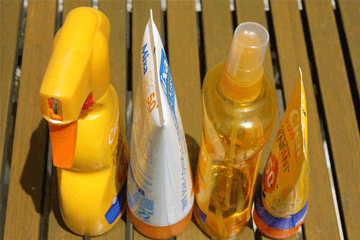
You Still Need Sunscreen Even When it’s Cloudy
Even if you probably won’t get a sunburn on a cloudy day the sun is still damaging your skin. The sun blasts out two kinds of rays: UVA and UVB. Cloudy days will block UVB rays, which are responsible for sunburns, but the clouds do nothing to block UVA rays, which are responsible for the vast majority of skin aging. In fact, it’s estimated that about 80% of skin aging is actually caused solely by exposure to UVA rays – so slather that sunscreen on!

If It Sounds Crazy, It Probably Is
Thanks to the need for cosmetics companies to continually one-up each other, the past decade has a seen a plethora of new ingredients, each one the new, forbidden secret to eternal youth.
Unfortunately, almost none of them actually do anything special – protein serums, activated charcoal, bee venom, tea, and kale can all make skin care products feel different on your skin, but they don’t really do anything else. The skin is a barrier, and almost no naturally occurring skin care ingredients will even be able to penetrate into the skin to do anything: the skin wouldn’t be a very good barrier if a lot of different natural ingredients could actually get into it, right?
The science behind skin care and anti-aging is well researched, and there are only a couple active ingredients that have actually been proven to truly repair and prevent wrinkles. Products containing Retinol, Vitamin C, and/or Niacinamide will all actually work to reduce wrinkles and smooth out marks in your skin. They can even can reduce and repair some sun damage. If a skin care product actually works, it has one of these active ingredients. You can save some money (and time) by making sure whatever products you buy have at least one of these ingredients.

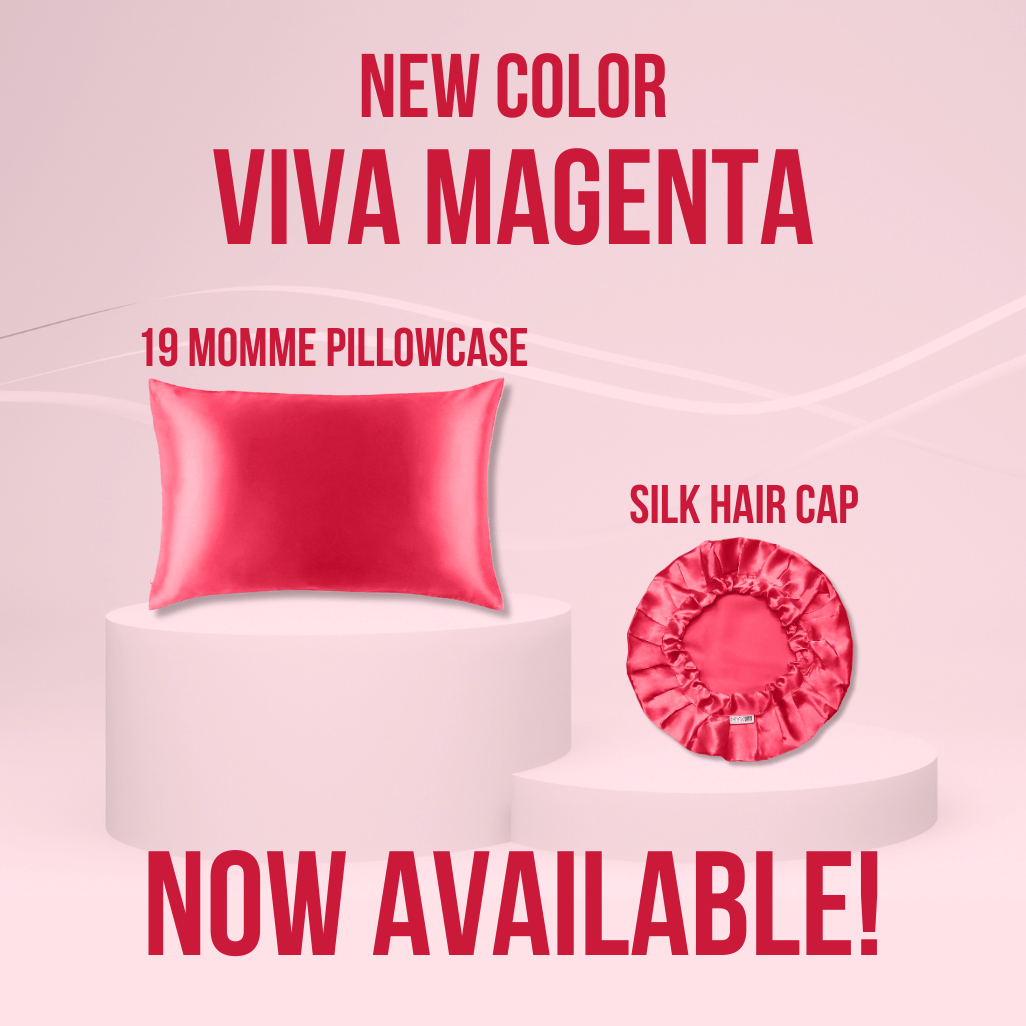
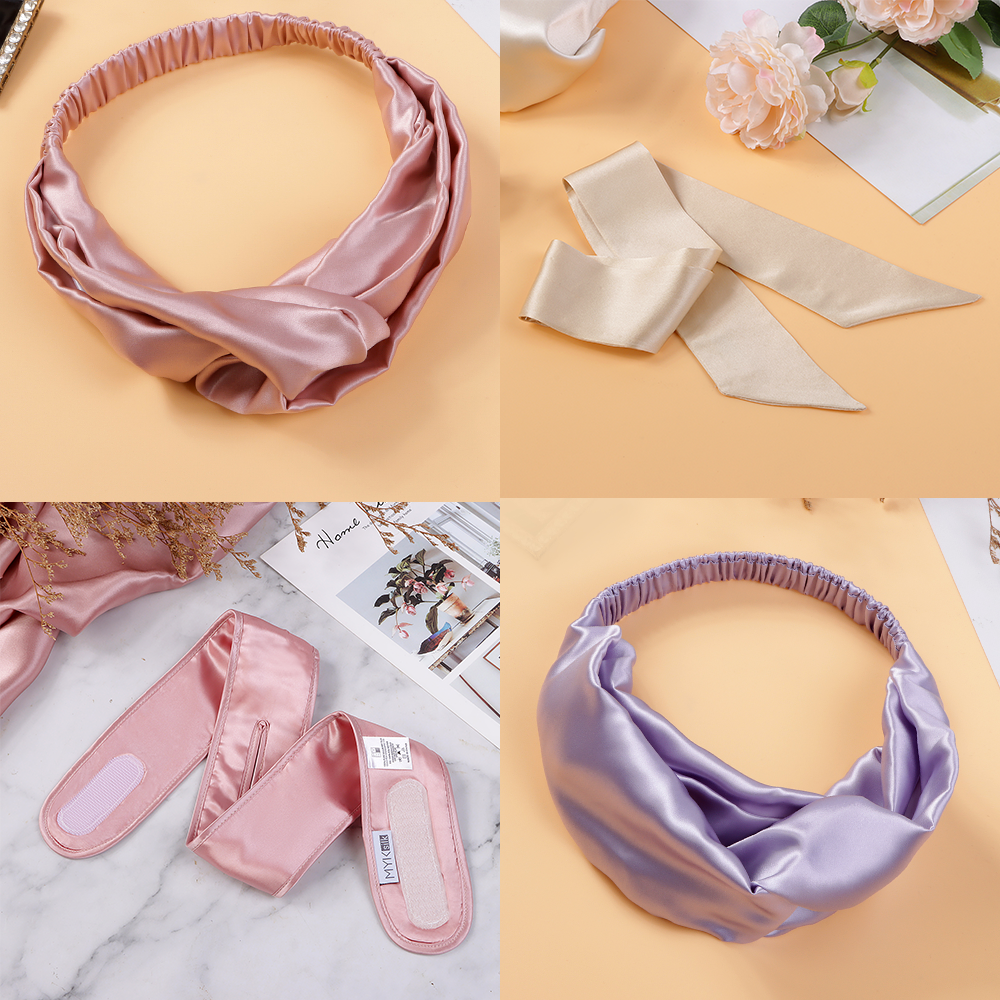
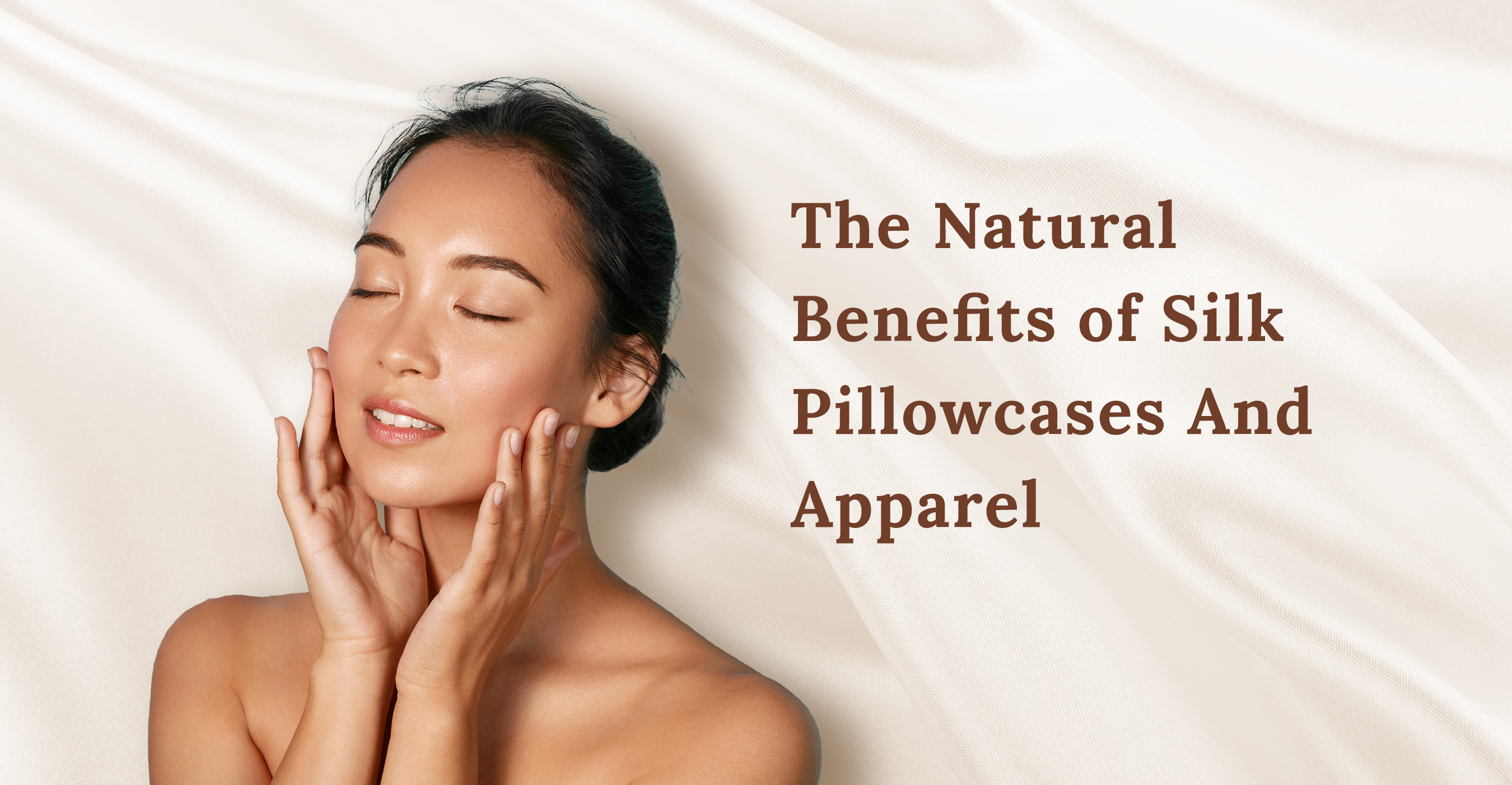

Leave a comment
This site is protected by hCaptcha and the hCaptcha Privacy Policy and Terms of Service apply.